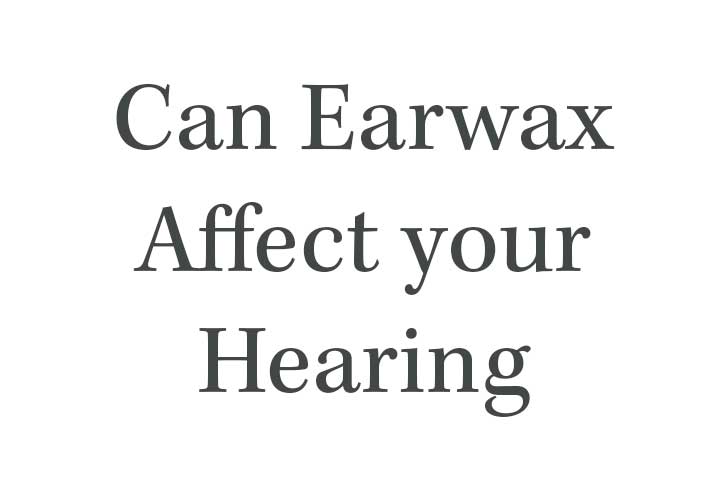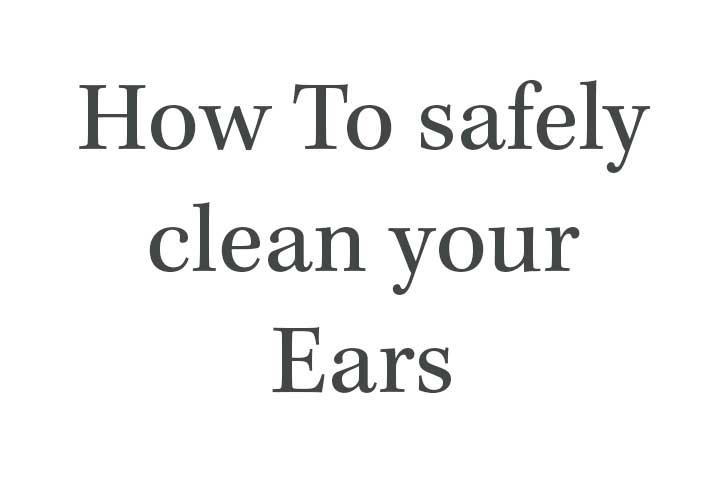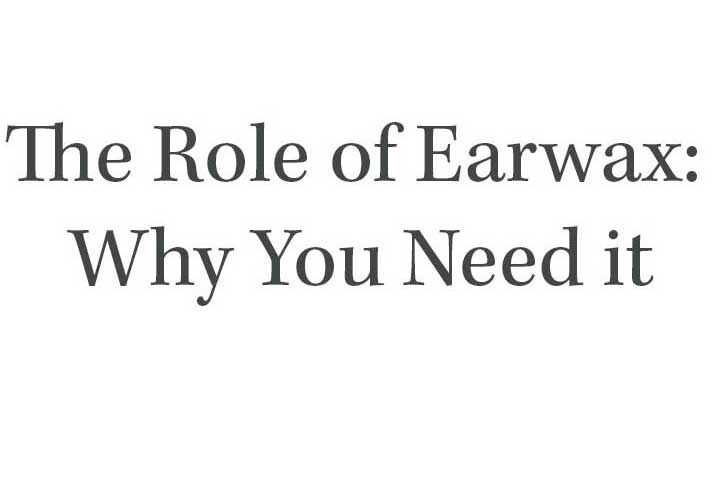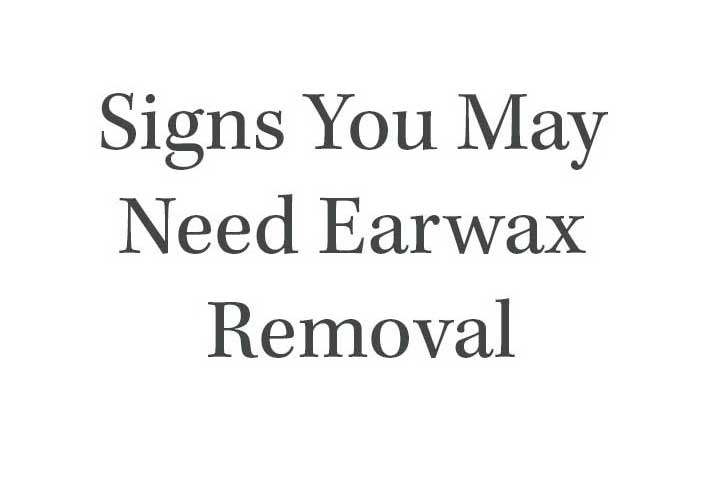Can Earwax Affect Your Hearing?
Introduction
Earwax (or cerumen) plays a vital role in maintaining the health of your ears. It protects the ear canal, prevents infections, and naturally cleans itself out. However, when earwax builds up excessively, it can interfere with your hearing and lead to discomfort. In this article, we’ll explore how earwax affects hearing, what causes it to build up, and the safest ways to address the problem.
The Role of Earwax in Ear Health
Before diving into how earwax impacts hearing, it’s important to understand its purpose. Earwax is a natural secretion produced by glands in the ear canal. Its primary functions include:
- Trapping Dust and Debris: Earwax prevents dirt, bacteria, and foreign particles from entering the deeper parts of the ear canal.
- Moisturizing the Ear Canal: It keeps the skin inside your ears from drying out and cracking.
- Fighting Infections: Earwax has antibacterial properties that help protect the ear from infections.
Normally, earwax moves out of the ear naturally as we chew, talk, or move our jaws. However, sometimes this process is disrupted, leading to a buildup.
How Earwax Affects Hearing
Excess earwax can cause a range of symptoms, with hearing difficulties being one of the most noticeable. Here’s how earwax impacts your hearing:
- Blocking the Ear Canal:
When earwax accumulates, it can block the ear canal, making it difficult for sound waves to reach the eardrum. This results in muffled or reduced hearing, often described as feeling like you’re underwater. - Causing Earwax Impaction:
If earwax becomes hard or compacted, it creates a physical barrier that amplifies hearing problems. Impaction can occur due to:- Using cotton buds, which push wax deeper into the ear.
- Wearing hearing aids or earplugs regularly.
- A naturally narrow or curved ear canal that traps wax.
- Disturbing Sound Clarity:
Even a partial blockage can distort the way sound travels through the ear canal, leading to reduced clarity in conversations or difficulty hearing high-pitched sounds. - Triggering Tinnitus:
Excess earwax can also cause tinnitus—a ringing, buzzing, or humming sound in your ears. While tinnitus has various causes, compacted earwax is a common and treatable trigger.
What Causes Excess Earwax?
While everyone produces earwax, some individuals are more prone to buildup due to factors such as:
- Overproduction: Some people naturally produce more earwax than others.
- Aging: Earwax tends to become harder and less mobile with age, increasing the likelihood of buildup.
- Frequent Use of Ear Devices: Hearing aids, earbuds, or headphones can trap wax and prevent it from exiting the ear naturally.
- Incorrect Cleaning Habits: Using cotton buds or inserting objects into the ear often pushes wax further in, leading to compaction.
How to Safely Remove Earwax
If you suspect earwax buildup is affecting your hearing, avoid DIY methods like ear candles or inserting objects into your ear, as these can cause more harm than good. Instead, consider the following options:
- Visit an Audiologist:
Professional removal is the safest and most effective method for addressing earwax buildup. Techniques like micro-suction or irrigation gently remove excess wax without damaging the ear canal or eardrum. - Use Earwax Softening Drops:
Over-the-counter drops can help soften hardened earwax, making it easier for it to exit the ear naturally. Follow the instructions carefully and consult a professional if symptoms persist. - Practice Preventive Care:
- Avoid inserting objects into your ear canal.
- Use earplugs or headphones sparingly to allow wax to exit naturally.
- Schedule regular ear checkups, especially if you’re prone to buildup.
When to Seek Help
It’s time to see an audiologist if you experience:
- Persistent hearing loss or muffled sounds.
- Pain, pressure, or a “full” sensation in the ear.
- Ringing or buzzing in the ear (tinnitus).
- Discharge or an unusual smell from the ear.
Prompt attention can prevent complications like infections, eardrum damage, or long-term hearing loss.
Conclusion
While earwax is a natural and necessary part of ear health, excessive buildup can interfere with your hearing and overall comfort. By understanding the signs of earwax buildup and seeking professional care when needed, you can protect your hearing and maintain healthy ears. If you suspect earwax is affecting your hearing, don’t wait—schedule an appointment with an audiologist today for safe and effective treatment.




